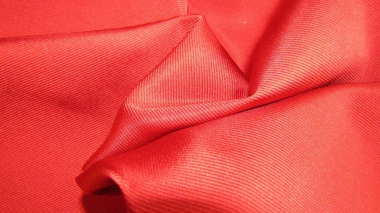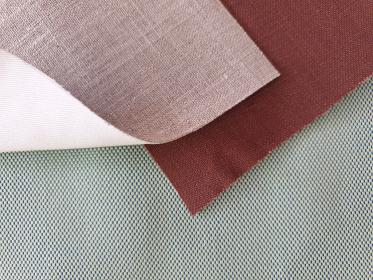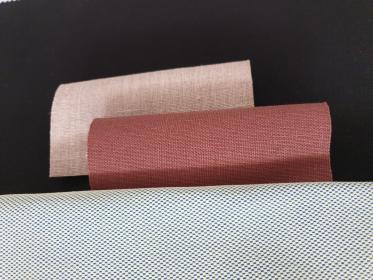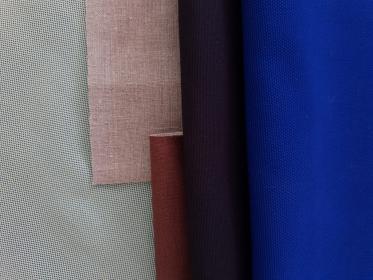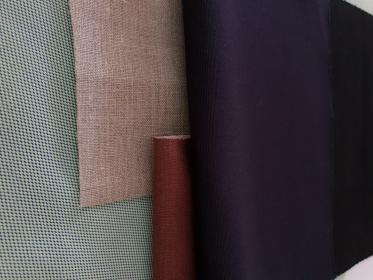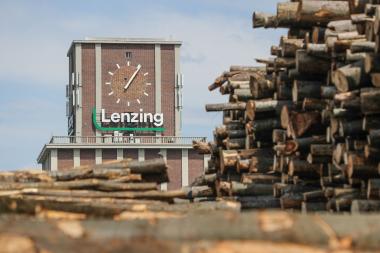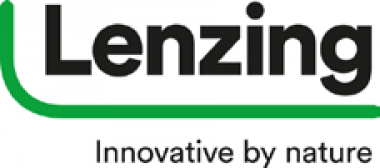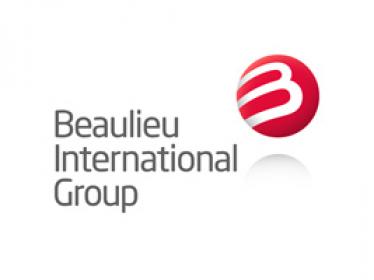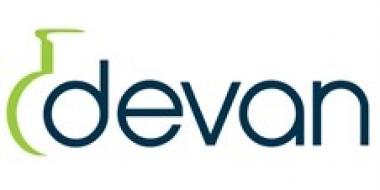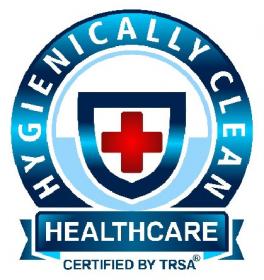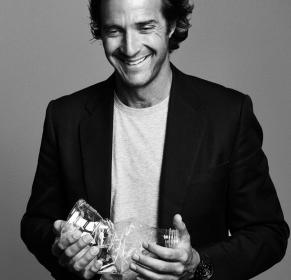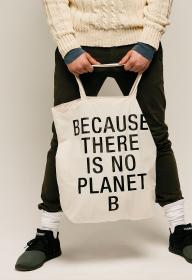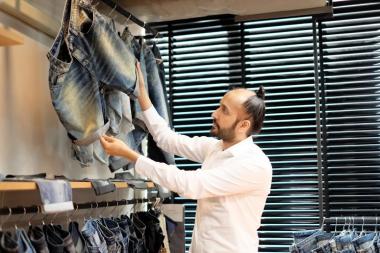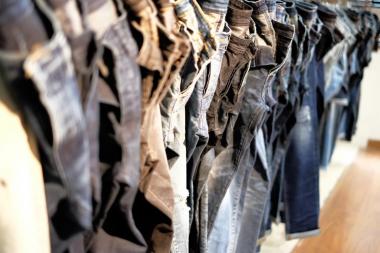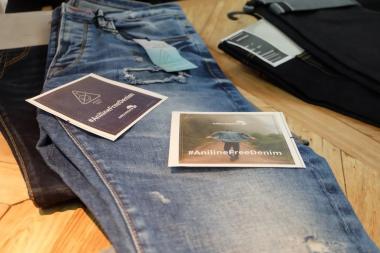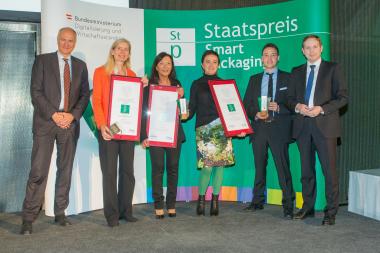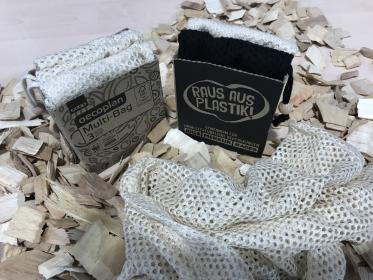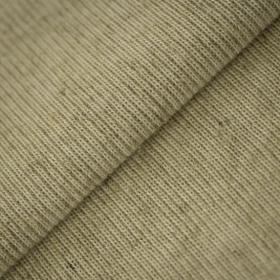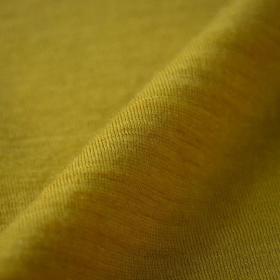Filo d’Oro: talian silk shines at Première Vision
Filo d’Oro has been selected by Première Vision to exhibit within the SMART CREATION area, the key research and sourcing space for those looking for new generation of sustainable solutions. An informative, educational, visionary and multimedia space where exhibitors, designers, buyers and fashion brands can experience and truly visualize the progress the industry is making in terms of responsibility. At the show in Paris above all they will present a consolidated system of collaborations and a virtuous network that works side by side to make the difference with certified superior quality products for the international market.
Within Filo D’oro, on the occasion of the inclusion in the Smart Creation, they present innovations that reflect "a real commitment to cultural sustainability as well as industrial and production". The organic silks are made with natural fibers from organic farming, the Global Organic Textile Standard (GOTS) certification guarantees both the quality of the raw materials and the sustainability of all production processes. The FSC® certified viscose comes from forests with sustainable management that respects the environment and the population, other viscose developments are made with Ecovero™ yarn from certified and controlled sources. The polyesters are GRS certified, they are made with Newlife™, a yarn born from the transformation through mechanical process of post-consumer plastic bottles collected in northern Italy, whose production process is entirely 100% Made in Italy. Some proposals combine Newlife™ with ECOANTEX, a yarn resulting from the transformation of post-industrial waste and the selective collection of Pet packaging.
GB Network


